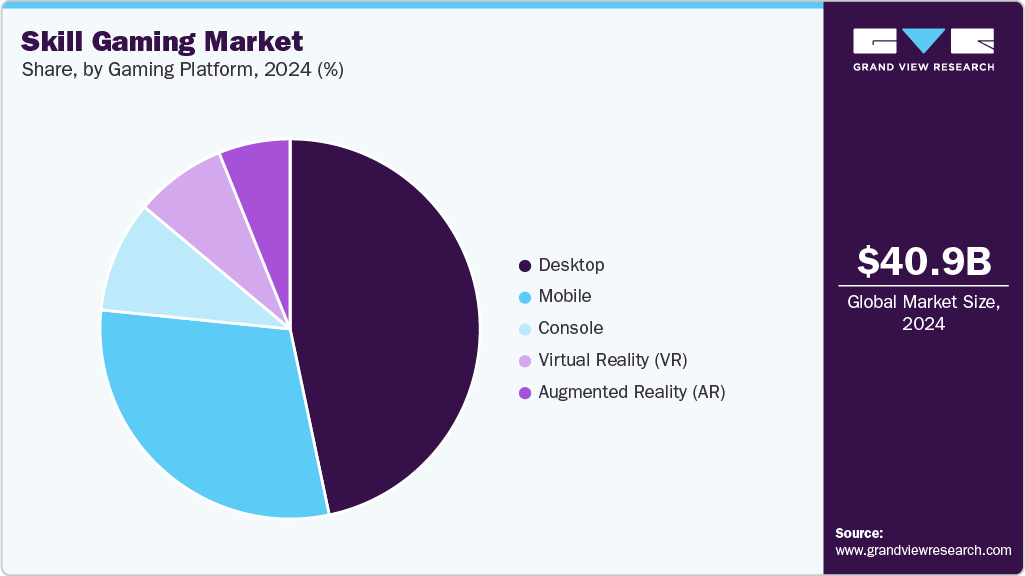Bright Insights Hub
Your go-to source for the latest news and information across various topics.
Brains over Luck: The Unstoppable Rise of Skill-Based Gambling
Discover how skill-based gambling is revolutionizing the gaming world, proving brains can triumph over luck! Join the winning trend now!
Understanding the Mechanics: How Skill-Based Gambling Changes the Game
Skill-based gambling is revolutionizing the gaming landscape by merging traditional gambling elements with interactive gameplay. Unlike games of pure chance, skill-based gambling requires players to utilize their strategies and abilities, ultimately shaping the outcome of their bets. This shift not only enhances the player experience but also introduces a new layer of excitement and engagement, making it more appealing to a younger audience who craves both entertainment and competition. Understanding these mechanics is crucial for players looking to navigate this evolving landscape effectively.
In skill-based gambling, players can directly influence their success through practice and mastery of the game. For instance, a player who consistently performs well in an arcade-style game may find that their winnings increase over time, as their skills translate into better performance. This empowerment fosters a deeper connection between the player and the game, encouraging a more invested and loyal player base. As the industry continues to innovate, mastering the intricacies of skill-based gambling will be key for those seeking to maximize both enjoyment and potential rewards.

Counter-Strike is a popular first-person shooter game that pits teams of terrorists against counter-terrorists in various missions. Players can improve their skills, learn tactics, and strategically work with teammates to achieve their goals. To enhance your gaming experience, you might want to check out the winz.io promo code for some exciting deals.
From Slots to Strategy: The Evolution of Gambling into Skill-Based Play
The world of gambling has undergone a significant transformation, evolving from traditional games of chance like slots to more sophisticated and engaging forms of play that incorporate skill. In the early days, players relied entirely on luck, feeding coins into mechanical slot machines, hoping for jackpots. However, as technology advanced and player preferences evolved, the gambling landscape shifted dramatically. Today, many gambling enthusiasts seek out skill-based play, where their strategic decisions and expertise can influence outcomes. This transition reflects not just a change in gaming mechanics but also a deeper understanding of player engagement and satisfaction.
As the demand for skill-based gambling grows, operators are increasingly incorporating elements of strategy into their offerings. Games like poker and blackjack exemplify this trend, allowing players to apply techniques and tactics to enhance their chances of winning. Moreover, modern technology has paved the way for innovative formats that blend traditional gambling with video game elements, providing a more immersive experience. The rise of eSports betting is a prime example, showcasing how players can utilize their knowledge and skills to thrive. This evolution is not merely a passing trend; it signifies a broader cultural shift towards engaging experiences in the gambling industry, where skill and strategy take center stage.
Can Skill Really Beat Luck? Examining the Psychology Behind Skill-Based Gambling
The age-old debate of whether skill can truly outweigh luck in gambling has intrigued psychologists, mathematicians, and casual players alike. Gambling games can often be categorized into two types: those that rely predominantly on chance and those that allow for player skill. For instance, games such as poker and blackjack require strategic thinking and decision-making that can significantly influence outcomes. Research suggests that individuals who approach these games with an understanding of probability and psychology can significantly increase their chances of winning, thereby making a case for skill in the gambling realm.
However, the interplay between skill and luck is complex. While skilled players can harness their expertise to improve their odds, the inherent unpredictability of games often introduces elements of luck that can tilt the scales. According to a study conducted by behavioral economists, players who attribute their wins to skill are often more persistent in their playing strategies, while those who believe outcomes are dictated by chance may disengage sooner. This psychological aspect highlights that while skill can enhance performance, the perception of luck can also significantly influence a player's approach to gambling.